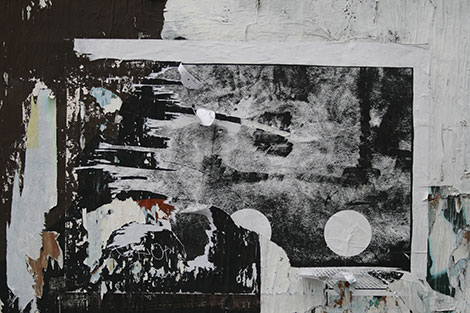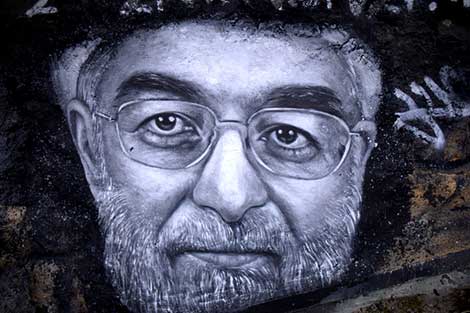
This article was published by the World Policy Institute on 18 May 2017.
A video that Moscow used as key piece of evidence that its ally President Bashar al-Assad had nothing to do with the chemical attack in Idlib which killed more than 80 people, including many children and women one month ago, was in fact released two years ago and first cited a month before the attack actually took place.
The video was pushed out across Russian state-controlled airwaves and on social media shortly after President Donald J. Trump launched the first direct U.S. military strike on Syrian government forces.
It showed what looks like a makeshift emergency room: doctors working frantically around the small bodies of limp, half-naked children, their eyes rolling back and noses foaming. A girl in pink underwear lies on top of an elderly woman who seems to have already died. One bed over, a doctor injects a long needle deep into a small child’s chest.

